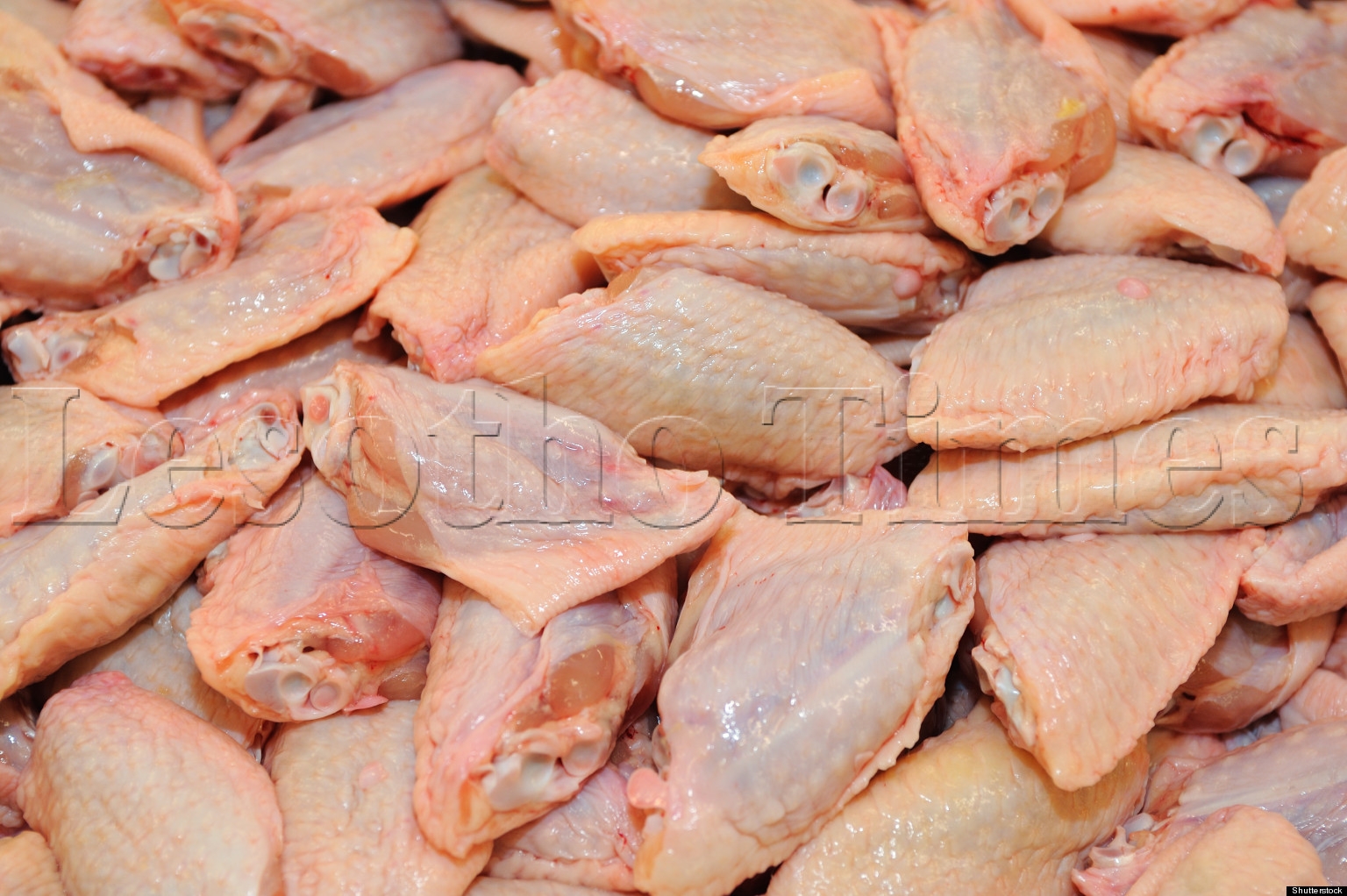Bereng Mpaki
LESOTHO’S ban on the importation of poultry products from parts of South Africa which have recorded cases of the deadly avian influenza is continuing, the government has said.
The government this week said it does not have the capacity to deal with the deadly avian influenza in the event of local transmissions.
The highly pathogenic avian influenza (HPAI) broke out in a Gauteng commercial chicken farm last month and has since spread out to other parts of the country including the North West province.
The South African Department of Agriculture, Land Reform and Rural Development (DALRRD) has said that affected farms have since been quarantined, with control measures being implemented. DALRRD this week also said no human transmissions have so far been recorded, therefore, the transmission risk to people is low.
And in response to the outbreak, Lesotho on 16 April 2021 joined other countries in banning poultry and poultry products from Gauteng.
Imposed last month, the ban is continuing although other countries that import from the same source have started lifting it.
The director of the department of livestock services Keneuoe Lehloenya this week said the move was meant to avoid transmission into Lesotho.
“To minimise the risk of introduction to Lesotho, the department of livestock services has instituted the following measures with immediate effect:
- Banning importation of poultry and poultry products from Gauteng with immediate effect,
- Importation of poultry and poultry products from the rest of South African provinces should strictly be from HPAI free compartments,
- Import permits from poultry and poultry products will only be issued at the department of livestock services in Maseru.
- All permits issued before or on 14 April, which were authorising importation of poultry and poultry products from Gauteng Province are revoked,” Dr Lehloenya said.
Relebohile Mahloane, the director general of veterinary services, in the Agriculture Food Security and Marketing ministry this week told the Lesotho Times that Lesotho was closely monitoring developments around the outbreak. He said they have so far not received any information warranting the lifting of the ban.
“The ban on poultry and poultry products from Gauteng will continue until further notice. We are also assessing other areas as the outbreak has spread out.
“We are working hand in hand with our South African counterparts and they are regularly updating us on what is going on that side.”
Dr Mahloane said Lesotho would have no economic muscle to combat the avian influenza if it were to enter the country.
“With the outbreak spreading out to more parts of South Africa such as Potchefstroom in the North West, we had to impose the ban as we would not have the economic muscle necessary to fight the disease in the event of an outbreak locally. Prevention is our biggest weapon against this disease,” Dr Mahloane said.
He encouraged importers to purchase their inventory from approved producers that have biosecurity measures in their facilities.
Lesotho Chamber of Commerce and Industry (LCCI) secretary general Fako Hakane this week said the ban has not had a major negative impact on business, with more emphasis on protecting the public from importation of the influenza.
“We have not seen much disruption on the business side of things to date, although we appreciate that authorities had to impose the ban to prevent importing the disease and its associated problems.”
Meanwhile, DALRRD has called on all farmers in South Africa to report increases in mortality rates of their birds to state veterinarians.
“Everyone across the country is once again urged to treat any increase in mortalities (deaths) of poultry and other bird species as potential avian influenza, until proven otherwise.
“Following the outbreak of avian influenza on 13 April 2021, all the neighbouring countries have lifted the ban on exports of live chicken and unprocessed products, except Lesotho, which has banned exports from Gauteng.
“Hong Kong has notified DALRRD of a temporary suspension of the importation of all poultry (carcass, parts and offal) products (including eggs) from the affected municipalities within the Gauteng and North West,” DALRRD said.


